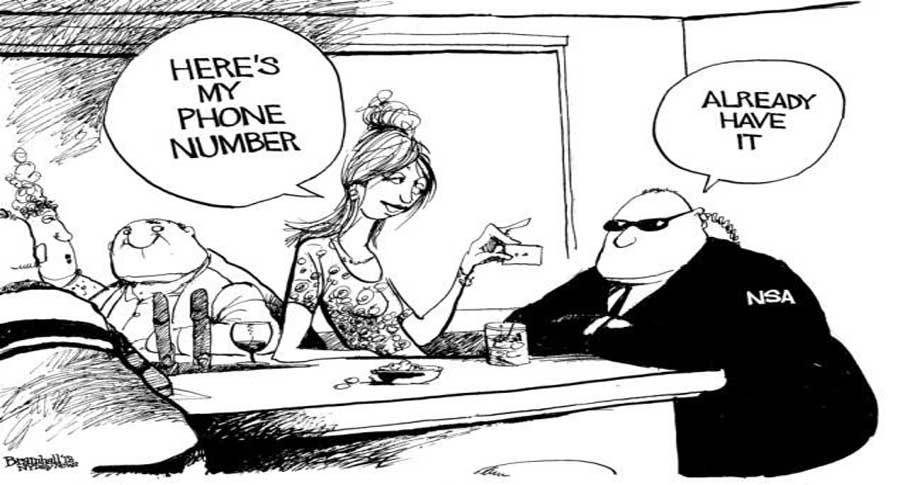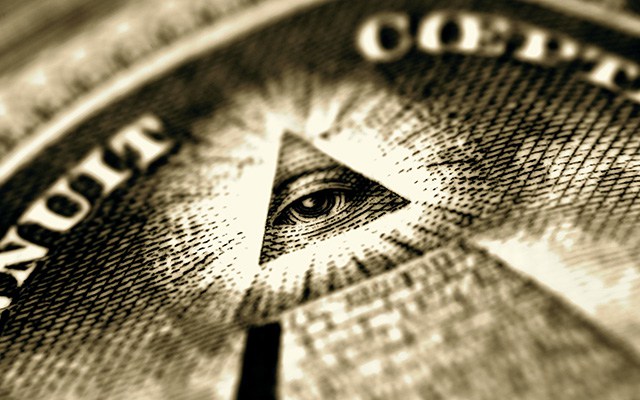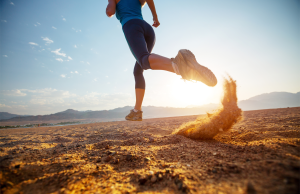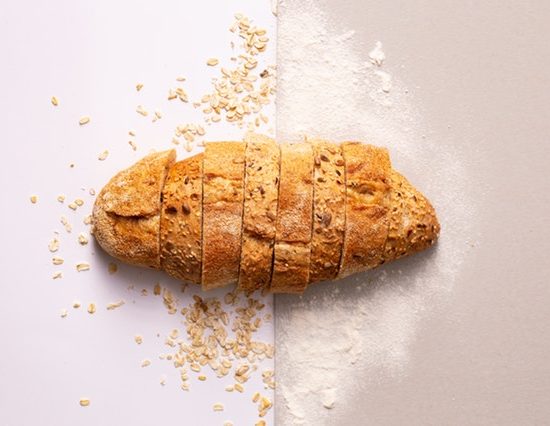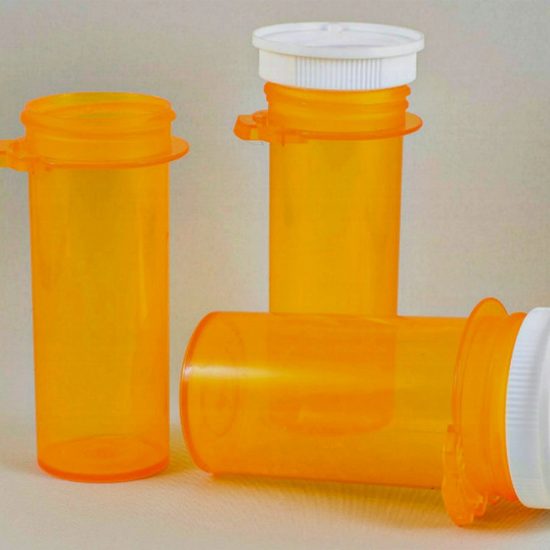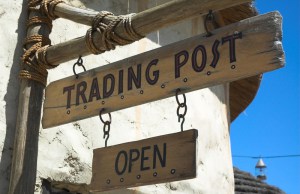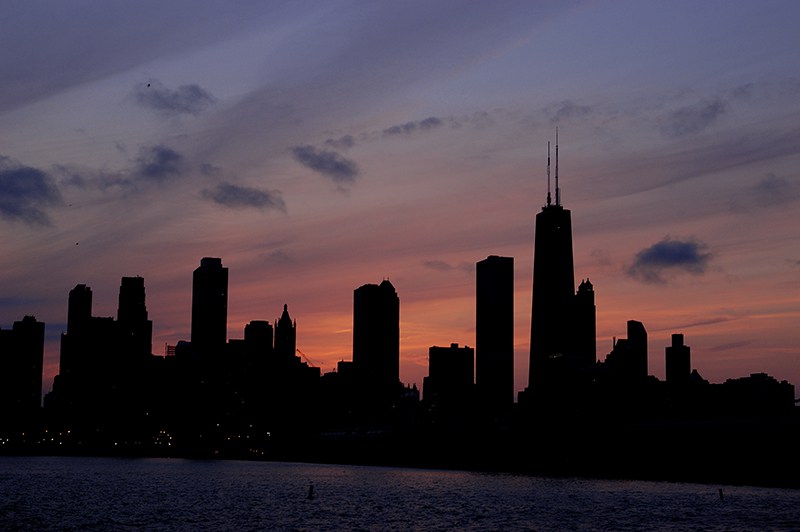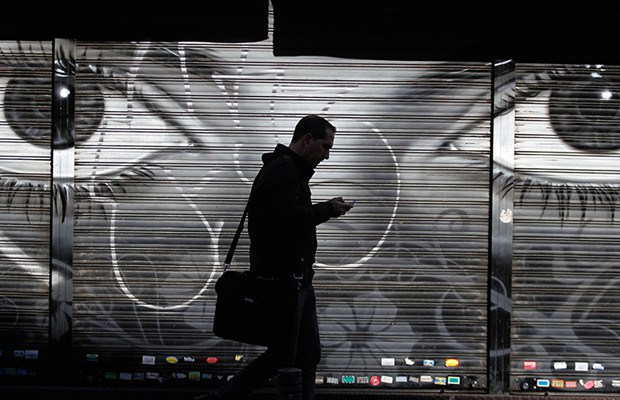
For Preppers, unless you think the government will never be interested in you, reducing what they know about you and yours is a necessity. Perhaps you have switched over to cash to avoid being tracked through credit, debit, gift, phone and customer loyalty cards, but have you stopped to consider how safe is your cash? Maybe you have heard about the possible threat of radio-frequency identification (RFID) chips that are or might someday be embedded in paper money. Don’t worry, the Feds have a potentially much easier way to follow you and your cash. And even if this technology is not as good as RFID, it probably has the potential to provide the government, and hackers, with information you really wish they did not have.
For most of us, the point of origin of our cash is an ATM or bank teller, while some of us use check cashing services. If you get paid by cash, be patient, we will get to that by the end of this article. All that money is counted by machines. It is likely those machines can scan serial numbers to check on the number and denomination of the bills they count or dispense. You can no longer just avoid new bills with consecutive serial numbers; circulated unmarked bills are no longer safe either. So the NSA can know where you were, when, how much, in what denominations and what serial numbers your cash withdrawals are. If they do not know this now, then they will, just as soon as they want to; the technology already exists.
What do you do with your money?
Eventually you have to spend it; otherwise it is useless, unless you like really expensive toilet paper. If you spend it at a business, then they get your $20s. If the cashier will not accept $50s, $100s or cash checks, then they do not give out $20s as change to anyone. Those $20s go to the bank every night. Now the government knows where, what day, and about how much money you spent at that business. Now if you spend it at QuickChek or Wawa, then all they know besides your movements is that your cholesterol is probably going up. They wouldn’t let your health care insurance know, would they? But what if you spend it at a gun store, strip club, drug dealer, gay bar, church donation plate, liquor store, casino or the gas station nearest your survival hideout? How much of your sense of safety would you bet that the administration would not give this information to the ATF, DEA, FBI, IRS, your spouse, your employer or let it leak to social media? Maybe they will hold the information until they need your silence or compliance. Think about this: Are all hacks and data breaches really done by anti-government activists? Maybe some information is intentionally released, or left in insecure places. The government knows when and where you get your cash and knows the day and location that you spend your $20s.
What about other denominations? Since people get much of their money in $20s, they do not get most of their $1s, $5s and $10s from banks or check cashing services; they get them as change. Some of that change comes from the float that stores need to make change, but the rest comes from customers. A lot of places find it easier to withdraw a new float each day when they deposit their cash. Now the government knows the point of origin of those smaller bills. The closer to opening time that you buy something, the more likely you are to get a bill from the float. Of course, Uncle Sam cannot be sure the change you receive comes from that store, maybe it got to you through a third-party, but over time a pattern emerges.
It is a lot more likely, especially if you frequent the same store, that the money is yours and not some third party’s. Still, the government does not know who you are, unless you deposit those bills. If Washington D.C. is using face-recognition software through the security cameras at your local 7-Eleven to track you, then you have got bigger problems than having them follow your cash. If you spend money at most stores, unless it is almost closing time, then your small bills go to the next person and you become their third-party. Basically you are pretty safe with small bills, unless you deposit it in a bank or use a credit card with the transaction, such as for the room deposit at a motel.
What if you run a cash business?
If you accept some checks, then your cash revenue is probably close to being equal to your expenses. At least some of your customers do not care about cash security and you cannot tell them you will not take anything bigger than a $10 bill on a $1,000 job. Now you have $20s with your customers name on them. Small businesses like to use cash to pay their suppliers and employees. Those businesses will put your $20s into their bank and now the government knows that your customers’ money just went to one of your suppliers, but they do not know who you are, yet. Even minimum wage employees will deposit part of their pay if they have a bank account. Now the government knows your employees were paid, ultimately, from your customers. If they mine all the meta-data on your customers, employees and suppliers, can the government find you, determine your customer list, know your gross and net revenue, and what taxes you have due? Maybe, maybe not. But, if you deposit even one $20 bill from a customer, the odds they can track you just went way up. Why, because you are one of the few small business owners in the loop.
Oh, what if you are the customer? The government now knows where you shop and to a certain extent, for what you shop. Building a grow room (so you will be positioned when your state legalizes marijuana)? Building a shelter or secret room? Bulletproofing your hideaway? Getting your car survival-ready? Bought a safe, an attack dog, a hunting bow, ammonium nitrate, acetone & hydrogen peroxide, 10,000+ rounds of ammunition? $20s and larger bills can have the government at your door, either now or when they think the SHTF.
What if you get paid in cash? Much of the above also applies to you. Plus, if you get paid in twenties that originated from several of your employers’ customers and you deposit them in a bank, then the government can quickly tell you are being paid under the table. Now they can blackmail you, or get you to turn state’s witness against your employer. If your bank, like mine, is paying 0.03% interest, why do them the favor of depositing money?
Here is a potentially difficult and inconvenient, but very helpful trick: trade your cash with other people in cash intensive businesses:
- Taxi drivers
- Contractors, electricians, roofers, plumbers, etc.
- Convenience stores
- Adult entertainment clubs
- Used car, motorcycle or boat dealers that finance their own sales
- Liquor stores
- Restaurants
- Parking garages
- Car wash facilities
- Charitable organizations
- Jewelers
If they are hesitant to swap cash, you can offer them $1 on every hundred. Obviously, only trade with people you do not mind the government thinking you do business with (i.e. leave out your drug dealer). Also try to trade with as many different people (and not too many preppers) as possible, lest they pick up on a pattern.
Bottom line: Get rid of your $20s ($50s and $100s) at places you do not care if Big Brother knows you shop there. Do not use your small change near closing time or deposit it in a bank. Do not deposit cash in a bank anyway, you will need it soon enough. The last question is not “Am I being paranoid?” the last question is “Am I being paranoid enough?”


